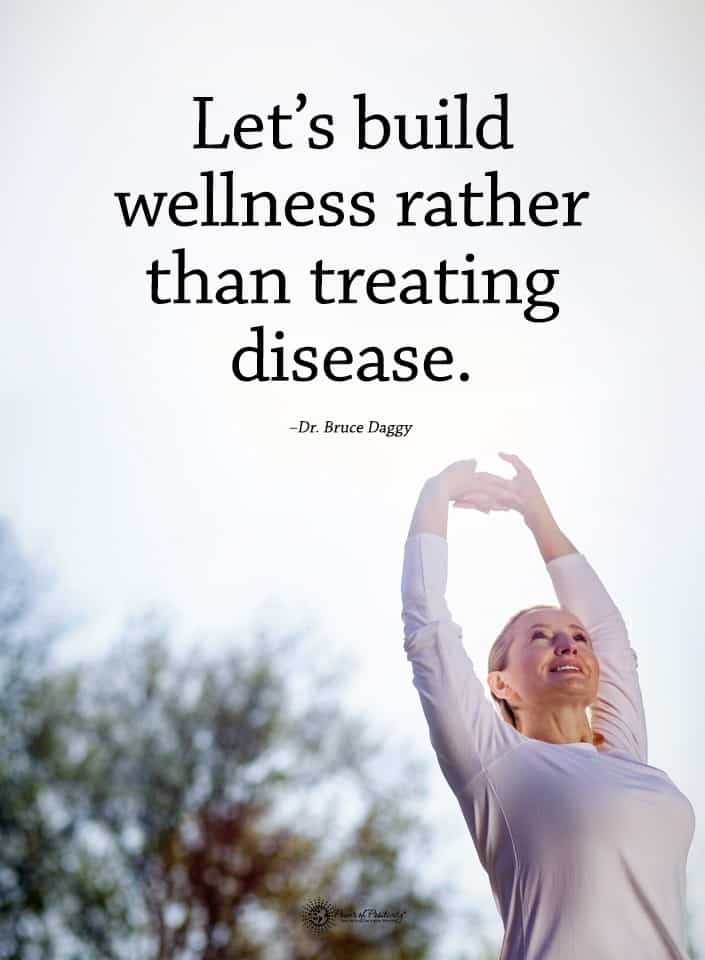Healthy fats should be an important part of your diet. Although your body can’t make them, fatty acids are especially important for good health. These fats must come from food or supplements. You may wonder if you’re getting enough fatty acids in our diet. Could you have a fatty acid deficiency and not know it? If so, what are the ten hidden signs of fatty acid deficiency?
Fatty acids explained
Fatty acids come from linoleic acid (omega-6) and alpha-linolenic acid (omega-3). You need both types of essential fatty acids to live. Within the United States, there is a general deficiency of fatty acids, especially omega-3. Eating omega three rich foods can help you overcome your deficiency. Here’s a list of some of the best omega-3 fatty acids you can eat.
Foods rich in omega-3
- Salmon farm-raised
- Salmon wild Atlantic
- Herring
- Tuna
- Mackerel
- Flaxseeds
- Walnuts
- Chia seeds
- Spinach
- Brussel sprouts
How much omega-3 fatty acids do you need?
Supplements can be helpful, but the best way to get enough fatty acids is through your food. Most dietary experts recommend eating fatty fish twice a week or take around 250 mg of omega-3 supplements every day. Your supplement omega- 3 supplements should contain both EPA and DHA, both important types of omega- 3. Choose only a reputable brand of fish oil to guarantee freshness and safe ingredients.
Fatty acid deficiencies
If you struggle with a fatty acid deficiency, you may be prone to certain health problems. Increasing your essential fatty acids can boost your health and help treat some diseases, giving you more mental and physical function.
-
Some types of depression
Depression can make you feel lethargic, moody. You may feel there’s nothing happy in your life. If you’re struggling with severe depression, you may even have suicidal thoughts. Doctors think that certain types of depression may be caused by an omega-3 deficiency.
Prescription drugs for depression can be helpful, but often the side effects are especially troublesome. Studies show that omega-3 fatty acids are quite helpful in treating certain types of depression. Eating a diet rich in fatty acids such as fish, nuts, and seeds may be helpful.
If you struggle with depression, it may be worth trying to increase omega-3 foods in your diet. If you have negative thoughts about injuring yourself or suicide, seek help right away from a medical professional like your doctor or a counselor.
-
Dry skin
Lacking in fatty acids could be a factor in your flaky or dry skin. Adding omega-3 fatty acids to your eating plan can improve your skin, making it less dry, soft, and clearer. Although it’s infrequent for this to happen, some doctors think atopic eczema, acne, and even psoriasis could mean you have fatty acid metabolism problems. Here are some meal ideas to add omega- 3 to your diet.
- Breakfast: Smoothie made from almond milk. Add flaxseeds for omega-3 fatty acids and berries for some healthy vitamin C and antioxidants.
- Lunch: Salad with grilled salmon and walnuts.
- Dinner: Tuna steaks with herb sauce, brown rice, and roasted Brussels sprouts.
-
Brittle nails
Your fingernails and toenails are a good indicator of your overall health. Peeling, soft nails could also be a sign your body is lacking in omega-3 fatty acids. Eating a diet high in protein, especially omega- 3 proteins like oily fish, nuts, seeds, and avocado can help remedy your nail problems.
-
Lowers cholesterol
A menu high in saturated fats can increase your bad cholesterol levels. Too high cholesterol can lead to fatty deposits in your blood vessels. These get so big they block the blood flow through your arteries. This is dangerous leading to heart problems. To lower your cholesterol, eat polyunsaturated and unsaturated fats. Here’s a list of healthy fats like omega-3 fatty acids.
Polyunsaturated fats
- Fish
- Soybeans
- Flaxseeds, chia seeds, pumpkin seeds
- Walnuts, cashews almonds
- Canola oil
Unsaturated fats
- Avocadoes
- Olives
- Peanut butter
- Sunflower oils
-
Insomnia
Insomnia is a challenge. Not getting enough sleep at night causes poor performance at work or school. You feel irritable, tired, and worn out before your day even begins. Researchers believe that if you have higher levels of omega-3 in your body, you’ll sleep better. Boosting your levels of fatty acids can improve your sleep, or at least, your quality of sleep. It’s worth a try eating more omega 3s to get a good night’s sleep.
-
Lowers risk of Alzheimer’s’ disease
A study at Penn State Hershey at the Milton S. Hershey Medical Center found that omega-3 fatty acids accumulate in your brain, helping your brain memory and function. This is excellent news for those people who are at risk for dementia or Alzheimer’s disease. Researchers believe that those individuals who eat less fish are more at risk of getting a brain disease. Taking omega- 3 supplements or eating a diet rich in marine-derived Omega 3s may prevent brain health problems.
-
Heart disease
Too high of triglycerides build up plaque on the walls of your arteries, which makes you at risk for heart disease. Fatty acids help reduce your risk of high cholesterol and heart disease. Eating a high omega- 3 fish such as salmon, tuna, mackerel, or herring or taking an omega-3 supplement of at least 200mg a day to reduce your risk of heart disease. Even if you already have heart disease, eating omega 3s can improve your heart function.
-
Joint pain and inflammation
Some researchers say that omega-3 fatty acids taken from fish oil can help joint inflammation and pain. Studies show fish oil may help lower pain and inflammation, or at least lower the number of NSAIDs (like Ibuprofen) or corticosteroids to relieve the pain. Some also say that fish oil supplements can reduce joint swelling and pain. Not surprising, the findings aren’t totally clear. More clinical trials are necessary to understand the full benefits of omega- 3 in joint pain. But if eating a diet high in omega-3 fatty acids helps you feel better and take fewer meds for your joint pain, then go for it. It’s worth a try.
-
Poor concentration
If you struggle with poor concentration or the inability to focus, you may need more omega 3s in your diet. Omega- 3s may improve your cognitive functions like lack of attention and quick thinking. Researchers say they need to do more clinical trials to fully understand the connection between the brain and omega- 3s. So, eat your healthy omega- 3 rich foods.
-
Fatigue
Fatigue can be debilitating. Feeling listless, low energy, and exhausted all the time could be a sign that you have an omega-3 fatty acid deficiency. Omega-3 fatty acids are known to improve symptoms of fatigue and may help those individuals who’ve been diagnosed with fatigue syndrome. Individuals who ate a diet high in omega- 3 for 12 weeks saw improvement from their fatigue. That’s great news.
How long will it take to raise your fatty acids?
If you think you may be deficient in fatty acids, you may wonder how long before you begin to feel better. Of course, it depends upon how deficient you, but generally anywhere from 6 weeks to 6 months time, you should begin to see significant changes in how you feel.
 Final Thoughts: Can you get too much omega- 3s?
Final Thoughts: Can you get too much omega- 3s?
The old folk saying, “too much of a good thing isn’t good,” applies to too much omega 3s. Too much omega-3s, especially if you take supplements, may cause problems.
Here are a few side effects of overindulging in fish oil.
- Bleeding- Taking too much omega 3s supplements can prevent your blood from clotting properly so that you bleed easily. Taking a fish oil supplement has more minor side effects such as burping, nausea, and diarrhea.
- Increase in blood sugar levels
- Lowers blood pressure too much- Fish oil can lower your blood levels, but taking fish oil may be harmful to individuals with low blood pressure. Also, fish oil can affect blood pressure medication, so don’t take omega- 3s supplements if you’re on that medication.
- Diarrhea- Too much of omega -3s, especially in supplement form, will give you gut problems like diarrhea.
Of course, the best way to get your daily omega-3 fatty acids is from your food. Supplements have some benefits, but there are side effects if you overindulge. So, stick to eating a diet rich in omega 3s to guarantee all the great benefits of fatty acids without unwanted side effects.
Although some researchers aren’t convinced that omega- 3 fatty acids have health benefits, other scientists disagree. They acknowledge the great benefits of eating a diet high in fatty fish, nuts, seeds, and plant-based fatty acids. Future clinical trials will confirm the amazing health benefits of fatty acids to fight off disease and other health problems. In the meantime, add omega -3s to your daily menu and enjoy your good health.
The post 10 Hidden Signs You Have A Fatty Acids Deficiency appeared first on Power of Positivity: Positive Thinking & Attitude.
【Top 10 Malaysia & Singapore Most Beautiful Girls】Have you follow?

